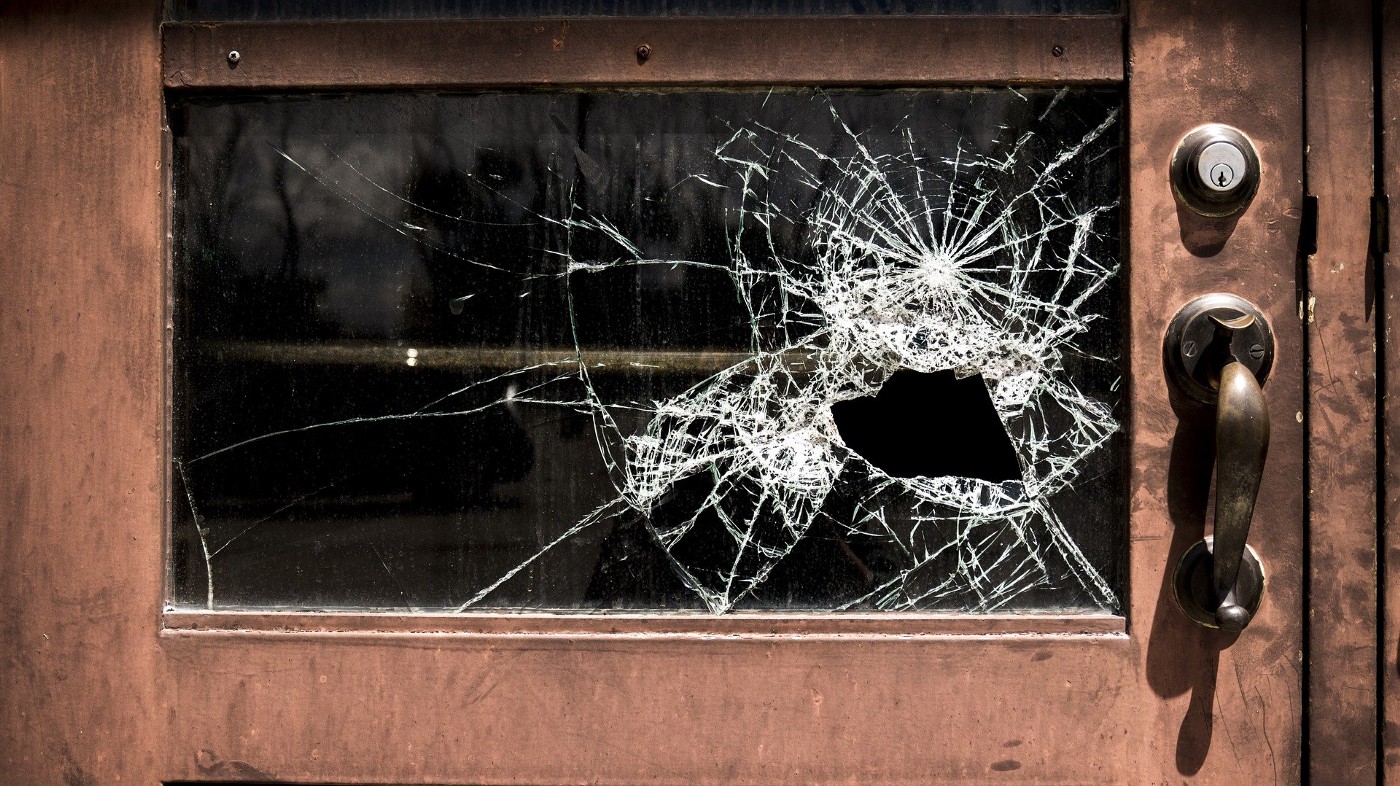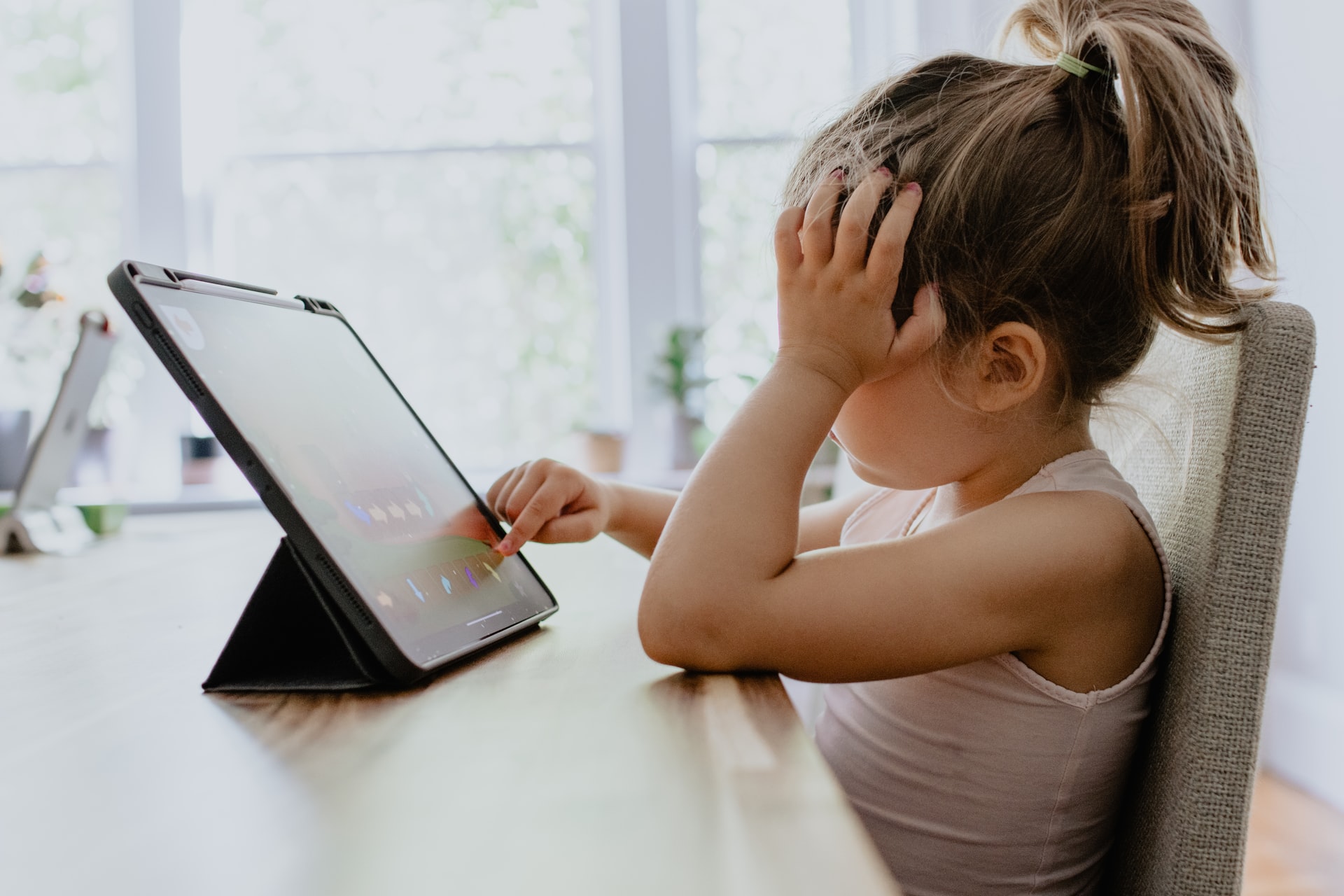You should talk to your child about the Ukraine Conflict - Here's why
.jpg)
We’re now one week into Russia’s invasion of Ukraine and the situation has become dire. A million Ukrainians have fled the nation and have sought refuge in neighboring countries. The situation is likely to worsen before it gets better as peace talks between Russian and Ukrainian officials continue.
Terrifying images of the destruction and bombings have circulated social media platforms. There have also been videos that have brought many around the world a sense of comfort such as the footage of the Ukrainian mother who was reunited with her children after fleeing their home.
It’s difficult to not feel on edge while witnessing this war play out as an adult. It’s likely even more difficult to experience this as a child who’s witnessing the adults in their lives stressfully consuming the news.
Kids can sense tension and have more perspective than they’re given credit for. They also might know a bit more about the war than you might expect. They’ve likely discussed the situation in Ukraine with their friends, come across a video and photos online, and are now forming their own opinions of this global crisis.
If you’d like to ensure that your child isn’t feeling overwhelmed by the current war in Ukraine or falling victim to misinformation, there are plenty of things that you can do to help. However, there are a handful of things to keep in mind before you start this conversation.
First, think about what you want to provide to your child about the war in Ukraine. What lessons do you want to convey? How much detail do you think is necessary?
Second, look for any signs of anxiety. Are they restless at night? Do they seem to be distant or have a lack of focus?
Third, try to find a good way into the conversation. It’s best to wait for your child to bring this topic up, but if there’s a good prompt such as a news report on the TV or radio when they’re nearby, work it into the conversation.
Lastly, remember that you don’t have to know everything about the war in Ukraine to discuss it with your child. Be honest and open about what you know and don’t know. Feel free to say, “Honestly, I don’t know the answer to that. Let me do some research and get back to you.”
How to discuss the war in Ukraine with your child
Keep the geography in focus
If you can, pull up a map of the world and look over it with your child when you start to discuss the war. It’s good to give them some context and it’s hard to have this conversation if they’re not able to map out where it’s happening in the world, especially relative to where you are. Try to work in some cultural lessons here as well. Talk about the language and culture of the people involved to ensure that your child understands the human element in this current crisis.
Stay focused on the facts
There are so many differing views on the motivations behind Russia’s invasion of Ukraine and what the consequences of this war might be, but be sure to share the facts of the matter here. Share the names of the leaders involved, the history of the conflict and what current world leaders are doing to solve the situation and bring peace to the region.
Let your child lead the conversation
Ask open ended questions and gauge where your child’s understanding of the war currently is. You might be surprised at how much they know and it’ll better help you fill in the missing pieces.
Be sure to validate their feelings
Ask your child how they feel about the current war and let them know it’s okay to be concerned or afraid. If you’re feeling uneasy or stressed about the war, let your child be aware of that. It’ll do more good for your child to know they’re not alone in feeling any way in relation to Ukraine. Seeing you express your feelings will give them the confidence to honestly share their own.
Remember to keep the conversation tailored to your child’s age range for their understanding
For preschool to 8 years old
Keep things brief and simple. Give the facts with a personal view and reinforce the fact that the war is taking place in a far away country and that they’re safe. You might have to repeat these things for your young child to have that reassurance sink in.
Try to have a conversation while you’re playing with them and explain the conflict using metaphors such as, “Russia is like a big house and their president went to the smaller house called Ukraine without being welcomed, but now he won’t go away because he has lots of people from his house with him and they won’t leave. Now they’re causing trouble at Ukraine’s home after not being invited in the first place!”
8 to 10 years old
Have a simple message if your child is in this age range, but make the conversation relevant. If your family has a refugee past or knows people who were displaced by war, try to have your child relate the situation in Ukraine to the experience of people they know.
Middle School Age
Facilitate a conversation that allows your child to express their view of the situation in full. Ask questions that lead them to the facts. “And why do you think Ukraine wants to defend themselves? What do you think about Russia’s actions? How do you think other countries feel?”
Allow your child to ask you some questions. If you’re unsure of the answer right away, take the time to search for an answer together. This will showcase to your child that it’s okay to not know everything and your internet search will help them learn best practices of finding reliable information.
High School Age
When it comes to teens, it’s important to inquire about their values in relation to the war. Ask them about what they see as right or wrong in the conflict. Try to understand how they feel and where they get their information from.
Teens are curious to know what your thoughts are as well and it’s important to be open and honest with them about your views. It’s also important to know that your child may have personalities and platforms that they go to for their own information. Find out where that might be and give them the critical thinking tools necessary to decipher fact from fiction.
This conversation doesn’t have to be a one and done deal. Your child may come back to you with even more questions and it’s okay to address these together over time.
The goal is to have your child see you as a conduit of knowledge and someone they can trust as their guide towards the facts. Again, you don’t have to be an encyclopedia of world conflicts, but it’s good to have an impact on your child’s worldview.
Be sure to broaden the conversation to what the two of you can do to help Ukrainians and the millions of other people around the world displaced by war. Find organizations that the two of you can support together and empower them. Let them know things will work out because the best people for the job are on the case.
Photo by Sahand Babali on Unsplash

